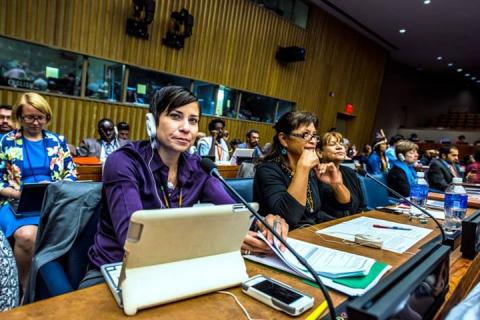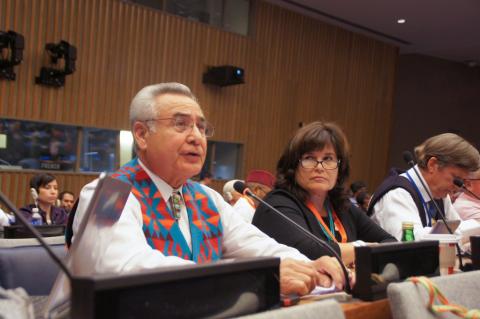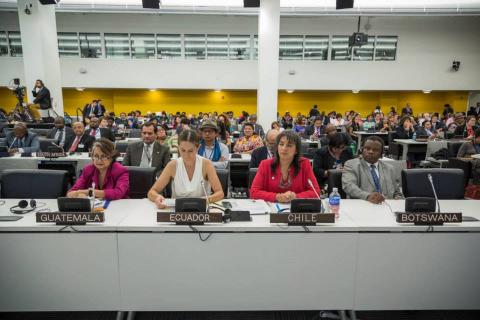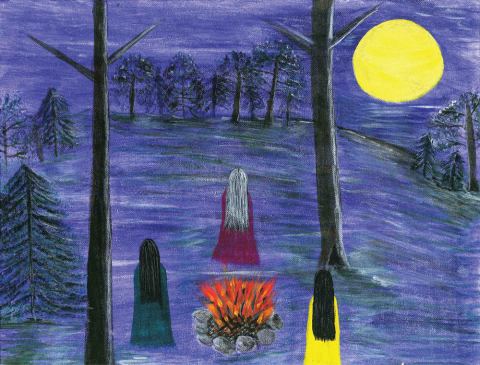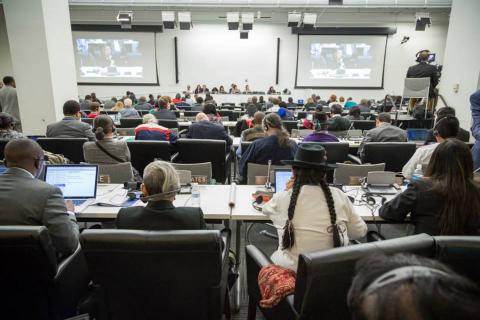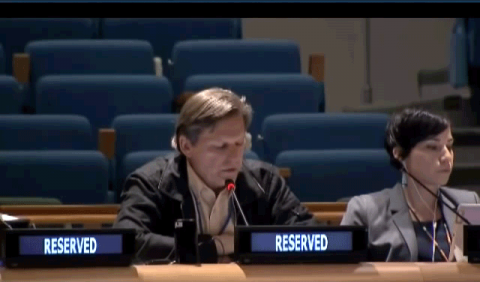In a season of reckless threats and racist and misogynistic rhetoric, of xenophobia and border walls, indigenous peoples’ rights are at risk, whether intended targets or not. Right now, the Senate is considering a budget that calls for $1.6 billion for "high-priority tactical infrastructure and border security technology." This border wall that is envisioned by President Trump and U.S. lawmakers would cut across at least half a dozen Native American lands including Yuma, Apache, Yaqui, Pima, Kickapoo and Tohono O’odham.

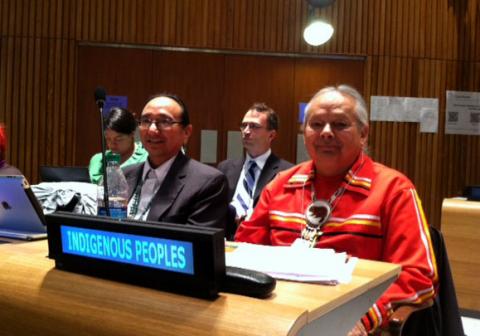
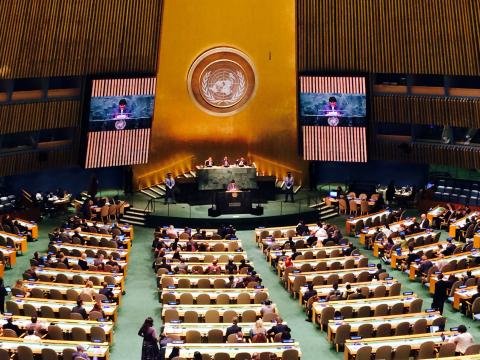
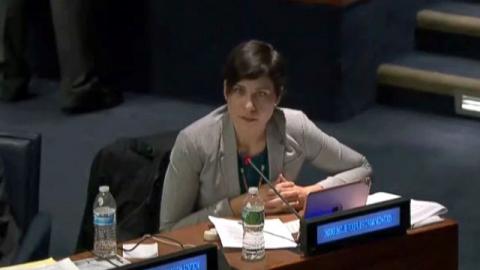
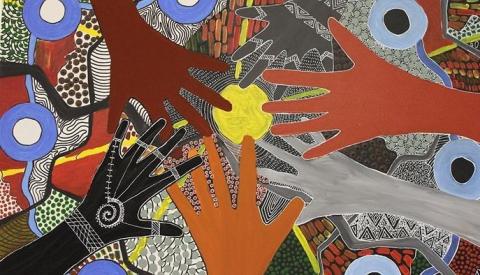

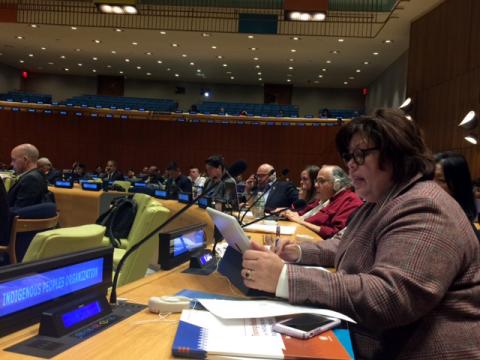
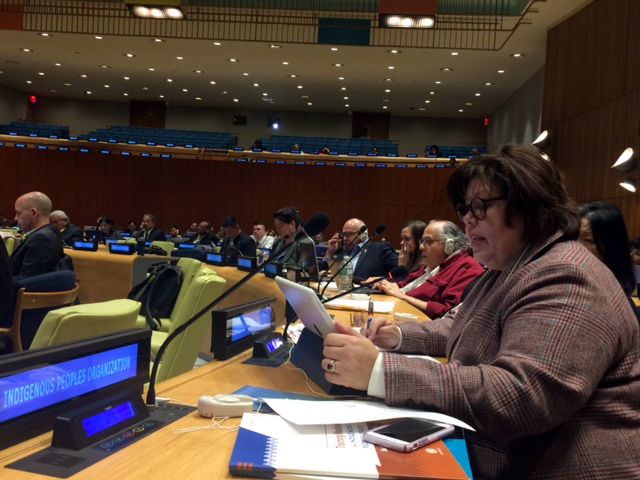 (New York City, NY) — Indigenous leaders from across the United States and the world gathered in New York December 14-15, 2016, to participate in a consultation with the United Nations General Assembly on how to strengthen the participation of indigenous governments at the United Nations.
(New York City, NY) — Indigenous leaders from across the United States and the world gathered in New York December 14-15, 2016, to participate in a consultation with the United Nations General Assembly on how to strengthen the participation of indigenous governments at the United Nations.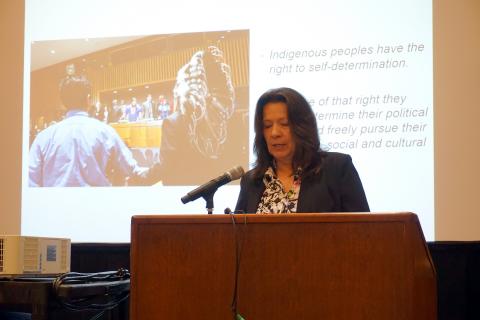
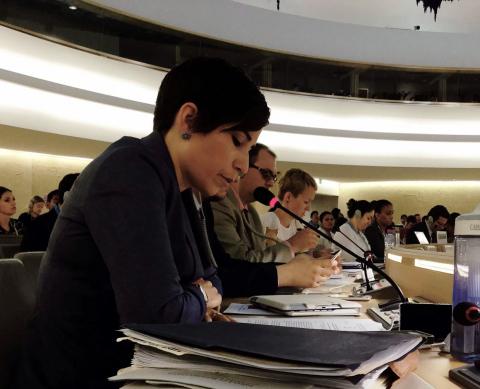
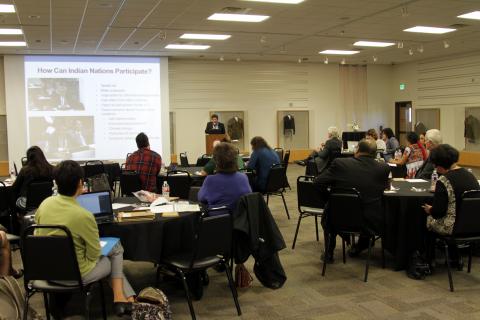
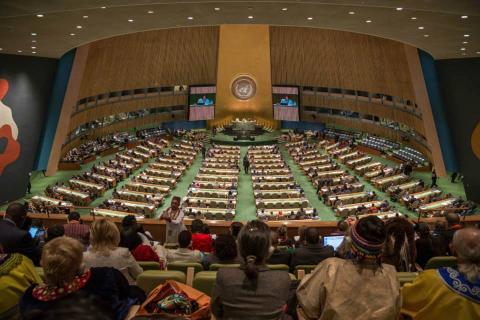
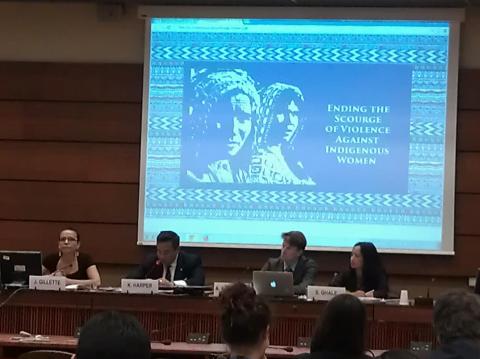
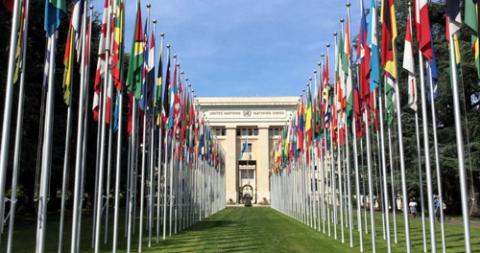
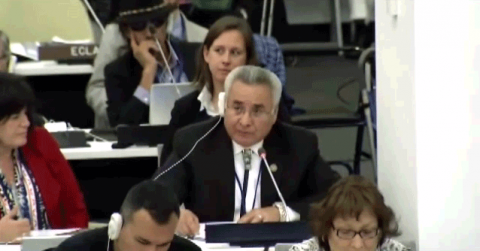
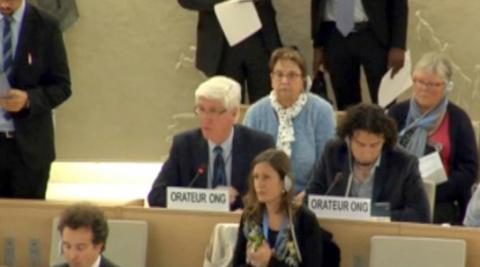
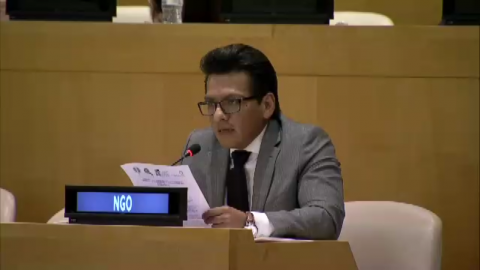
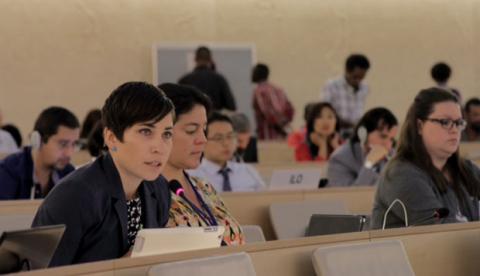
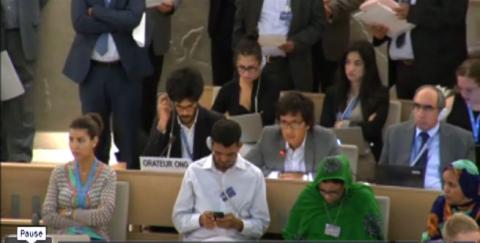
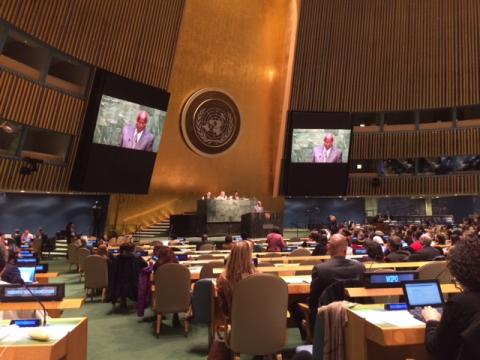
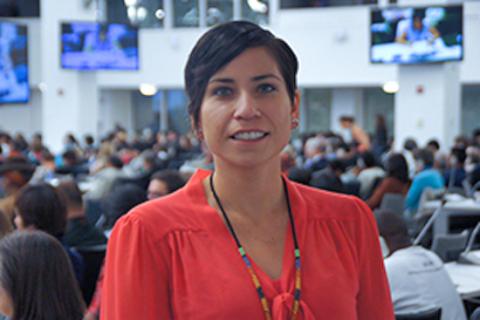
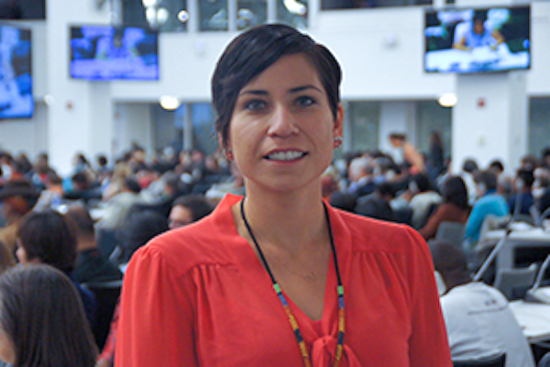 Four years ago, on December 16, 2010, when the United States issued its statement of support for the UN Declaration on the Rights of Indigenous Peoples, it joined the world community in welcoming a new era of human rights.
Four years ago, on December 16, 2010, when the United States issued its statement of support for the UN Declaration on the Rights of Indigenous Peoples, it joined the world community in welcoming a new era of human rights. 